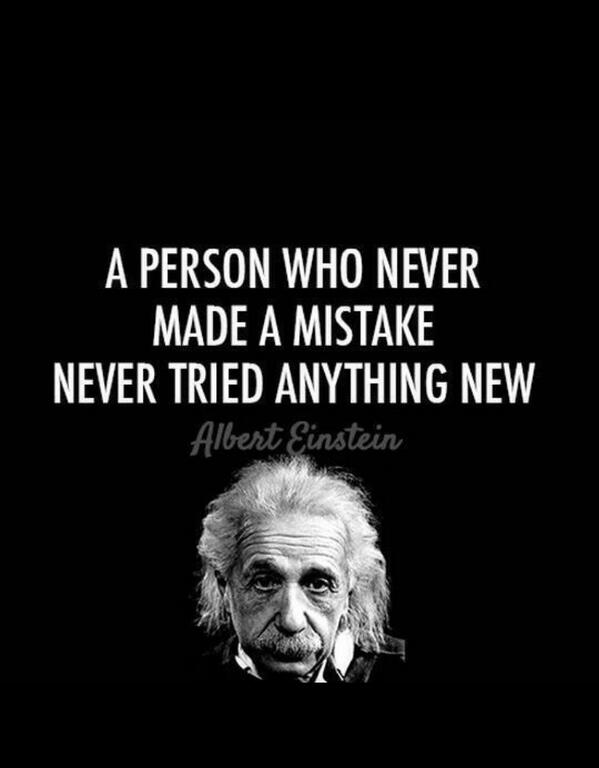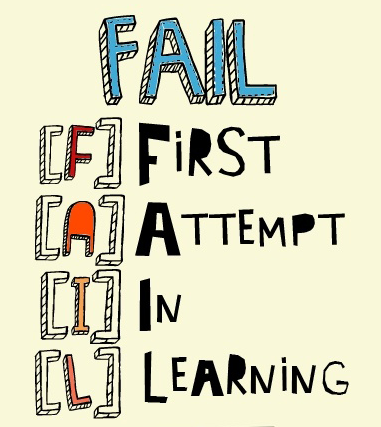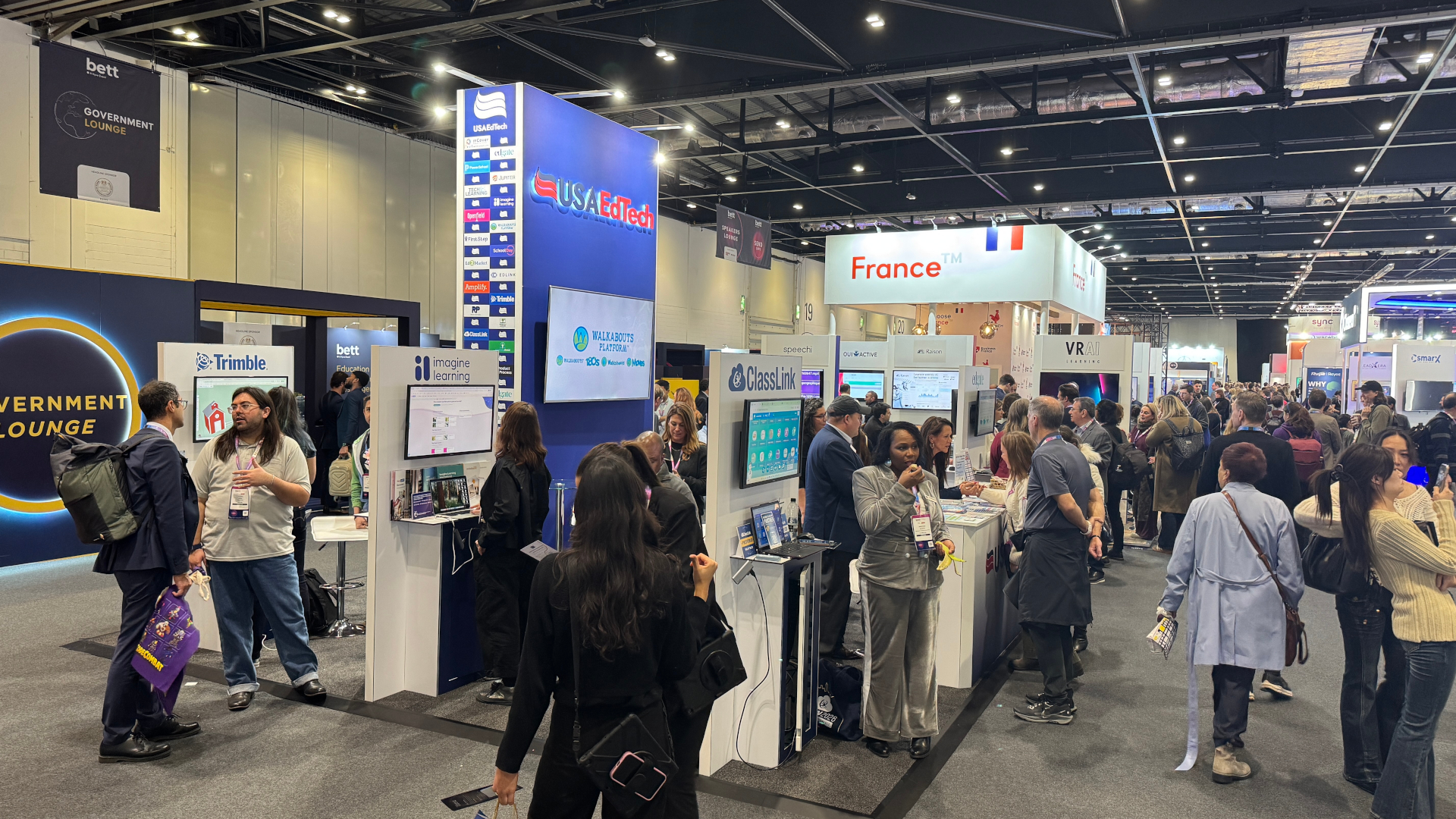5 Ways I Want to Improve #GeniusHour

1. Understanding Audience
This year’s students did a great job choosing formats that were effective for their projects. While there were still plenty of Google Slides presentations, they also included videos, interviews, letters, and no-tech creations.
Now we need to take it further and understand how to present to different audiences. Who is the audience for your work? How will you reach them? Why should your work matter to them? I ask my students to identify who their work will benefit; sometimes it’s themselves, other times the school, and yet others the world. I want to teach students to engage authentic audiences and to be more mindful of these choices.
2. Research Methodology
I teach English, so research and writing are essential in our #GeniusHour work. This year, students were asked to create annotated bibliographies, consult with experts, and to try to create their own action research. For many students, this action research was really successful and had a huge impact on their work.
I want to find more opportunities throughout the year for students to practice conducting original research and to understand more about basic research methodology and analysis.
3. Synthesizing & Creation
When you put all of that research together, it can be hard to organize it in meaningful and additive ways. I tell students that all of the sources should be present in the final product in some way, with the whole being stronger than the sum of its parts.
The research and writing needs to come together to create something greater. When any slide, idea, or paragraph can be removed without a loss, that’s a problem. I want to work more on developing real synthesis next year. The students’ ideas, research, and creations were excellent; now I want to help them build something new.
4. Why Blog?
Some of my students embrace the blogging but some just...don’t. For those who do, it’s authentic and powerful. This year, students received comments and feedback from their peers and from teachers and students across the world, and that was great. But for those who don’t like the blogging, it’s a burden. For some, I think it might be a major impediment to succeeding with their work.
Tools and ideas to transform education. Sign up below.
I’m not sure how to deal with this one yet. I see great value and student growth from the reflection of blogging. I might make some posts optional. I’ve considered a class #GeniusHour blog as the requirement with the option for individual ones. I’m not sure blogging is absolutely necessary for success, but it definitely helps and documents growth with transparency and authenticity. But is it really authentic if I'm forcing students to do it? I need to put more thought into this one.
5. No One Fails
Last year, I discussed my appreciation for students’ honestly in their reflections and presentations. Some didn’t succeed because they were overly ambitious or didn’t realize the level of work they proposed. These students may not have completed the project they proposed exactly, but they learned, grew, and created nonetheless. This is not a failure.
The failure is with the students who gave up or chose never to begin. And that’s something I can’t let happen. My students are high schoolers, and they make their own choices as young adults. Still, I need to do more to reach those students who need the support and guidance, whether they are confused, resistant, reluctant or anything else. There are times when I need to put the student before the learning and try harder to reach them all. It’s a difficult goal but here it is: no one fails. At least not in the tradition sense. I want to teach students to fail forward and to help them all succeed.


In #GeniusHour, I’ve seen students grow, investigate, and learn with more interest, activity, and innovation than ever before. I’ve also seen some struggle and not recover. In August, I’ll likely write an updated version of 5 Big Shifts in My Classroom in 2015, and the ideas from this post will be there, starting with no one fails. I want to work harder to reach every single student as a person and learner, both in #GeniusHour and in life.
What do you want to improve on in your teaching? How do you push every student to succeed? Share your thoughts in the comments or on Twitter @MrSchoenbart.
cross posted at www.aschoenbart.com
Adam Schoenbart is a high school English teacher, Google Education Trainer, and EdD candidate in Educational Leadership. He teaches grades 10-12 in a 1:1 Chromebook classroom at Ossining High School in Westchester County, NY and received the 2014 LHRIC Teacher Pioneer Award for innovative uses of technology that change teaching and learning. Read more at The SchoenBlog and connect on Twitter @MrSchoenbart.
